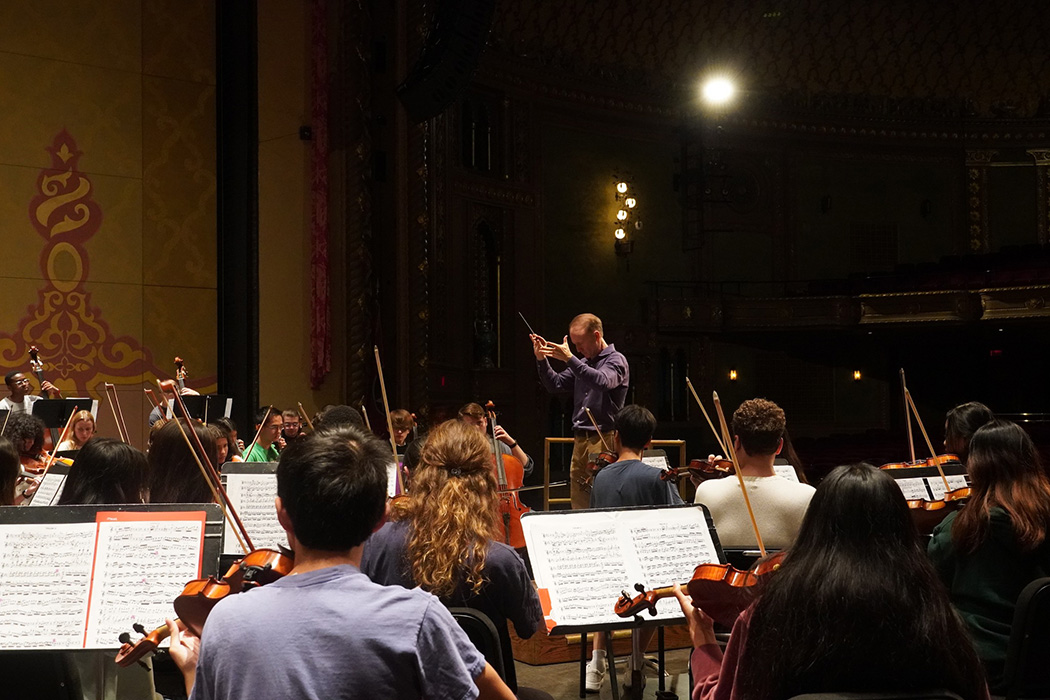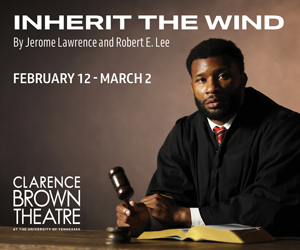It’s both heartening and heartbreaking that our music schools and conservatories are filled to the brim with arguably the most talented generation of music students yet. Heartening that so many understand and value a solid arts education. Heartbreaking that so few will be able to have a career in this field.
Orchestras today are well-stocked with young instrumentalists who already play at a level that is nothing short of astounding. Many of these young musicians started lessons as early as age three – juggling hours of practice with hours of schoolwork.
While I fully believe our symphonies and chamber groups are not wanting of fine players, I do worry that we won’t have the audiences to sustain them. I see parents placing tremendous burdens on their children to study and perform. I wish I saw the same effort put into training these young people to become good audience members. And by that, I mean developing discerning ears, learning concert etiquette, and, more importantly, supporting other artists by becoming compassionate listeners.
The questions to ask ourselves are these: Are we, as parents and concerned adults, offering up opportunities that allow children to experience classical music in the appropriate dosage? Are we putting the same emphasis on learning to listen as we do on getting up on stage to perform? Are we doing enough to train the next generation of listeners?
I’ll never forget the time I took my “little sister,” then aged 8, to an opera. Her incredulous reaction stuck with me: “This is opera? I thought opera was supposed to be boring.” Granted, I didn’t take her to Wagner’s Ring Cycle. Rather, it was a 30-minute version of La bohème performed in a local library with keyboard. Still, she was spellbound. My heart sang.
I had the same reaction last week when I met a young girl, Isabella, at the KSO Concertmaster Series. Her enthusiasm was matched only by her beautiful dress, the tulle skirt filled with a pattern of musical notes and clefs. Violinist, I thought! And I was right. Isabella was there to hear her teacher, violist Joshua Ulrich. And she was positively beaming.

What a perfect introduction for a child. The first half of the concert was Heifetz showpieces, which Concertmaster William Shaub entertainingly introduced in brief spoken remarks. Later, she not only got to hear Ulrich perform, but also to hear him speak as he introduced César Franck’s Piano Quintet in F minor with his trademark witicisms. (Give this man his own podcast, please!) The concert started at the reasonable hour of 7:00 and was over by 8:30. It was housed in the informal, yet enchanting, Knoxville Museum of Art. And cookies were involved!
Fast forward ten years, this young lady could be an orchestral musician or a concert violinist. She could be a composer or conductor. She could also be a doctor, teacher, or writer, while also being a season ticket subscriber, arts patron, and all-around great audience member.
Let’s not forget: Being an attentive, informed, sympathetic listener is a big job. And somebody’s got to do it.







Your writing truly resonated with me. I believe that the true essence of music education lies in fostering a genuine appreciation for the beauty and wonder of music itself, not only for mastering a skill or winning competitions. It’s about nurturing their souls and fostering a lifelong friendship with this timeless art form.